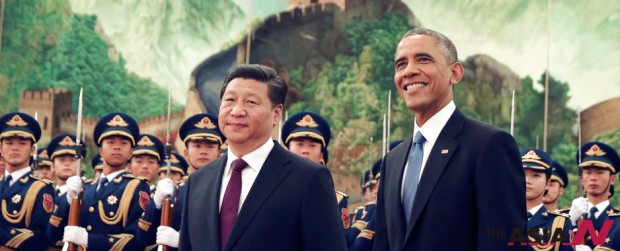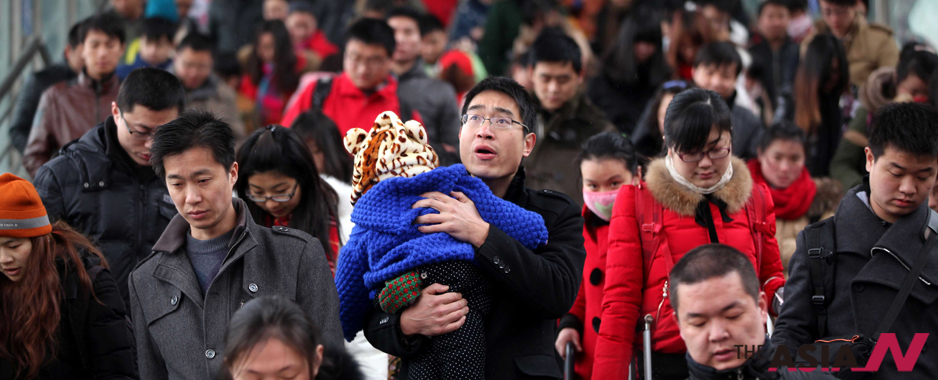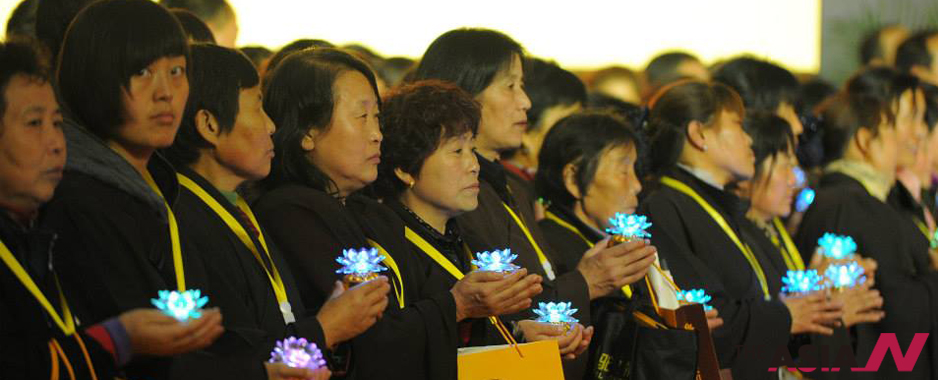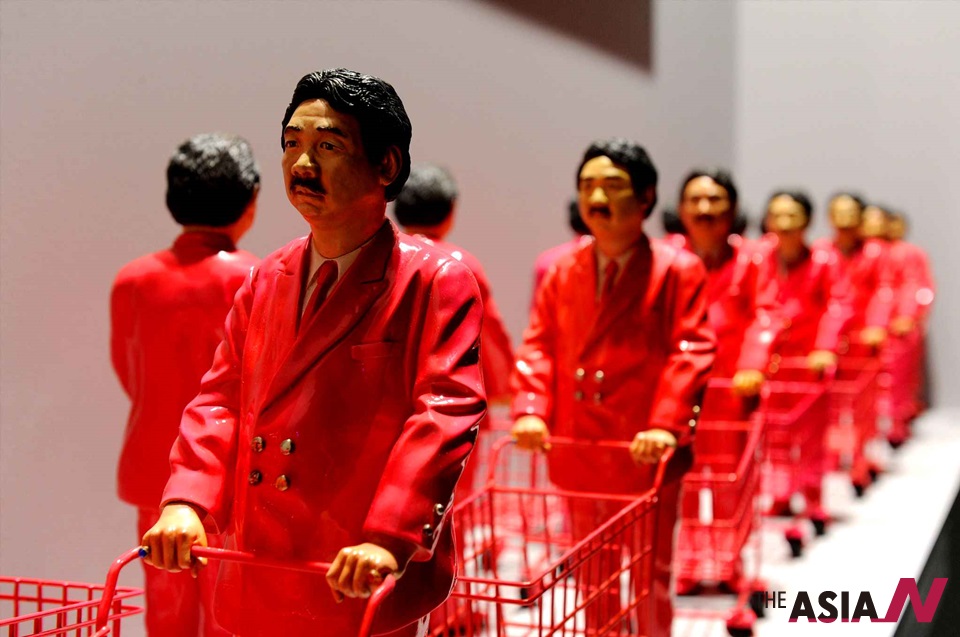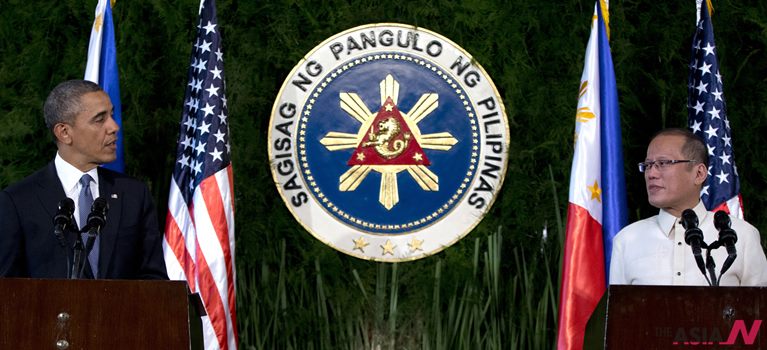
An America that does not know China
Before China opened its doors to the world, the author has already foreseen the China that we see now, but was left worrying at a trance, thinking that, “China’s transformation to a capitalist system is inevitable. Now, what should we do?” This has been the common concern amongst the elite and scholars of China at that time. The present-day China thrives on with its growth acceleration utilizing the most that it with the capitalist system of the global economy. China’s growth comes from its manpower, exports, and real estate industry. While personnel expenses have risen once more, China’s ‘reserve army of labor’, the Marxist terminology for unemployed and under-employed, still remains at 800 million. In addition, foreign currency comes in waves with the strong export industry. By all means, China will even be able to sustain any possible real estate bubble, even if hypnotically there will be one. If you think you have no hope in other industries, there’s always the formidable finance industry.
Forget about who’s who and try to as yourself the perennial question: what will be the ultimate contending point between China and US? “China is at a disadvantage since it lacks soft power,” will probably be the answer of most US scholars. This refers to the fact that China was not able to support a healthy civic life for its citizens, being concentrated so much on national development. Probably this would be the exact thoughts of those who shared an elevator ride a while ago with a Chinese who was screaming over the phone a while ago. But, let us acknowledge as well that this is something that China does not know of. The politicians of the Middle Kingdom are known to not put any burden to its people as its long-kept tradition. On the other hand, it is seems normal to do so in Japan. With the standards of Japan that follows Western ideals, the Chinese look uncivilized, dirty, and noisy. However, this is only based on one standard and one standard alone.
During the Beijing Olympics, people in China stopped from unnecessarily spitting in public places, proving the saying that, “When Chinese say they will do it, they will do it.” The author of this article believes that in the competition between the US and China, China has the upper hand. The reason is simple: while Chinese understand Americans, Americans do not understand (lest even try) the Chinese.
Going back at the real score behind China-US relations, probably a better question to realize is this: when has China been at an unfavorable point against the US? It is not because of the weak Chinese soft power but because of unwillingness and pride to not accept the fact that Chinese centrism has returned and is here to stay. By Kim Young-su Professor of International Finance and Economics | Summary by Rigoberto Banta Jr.



